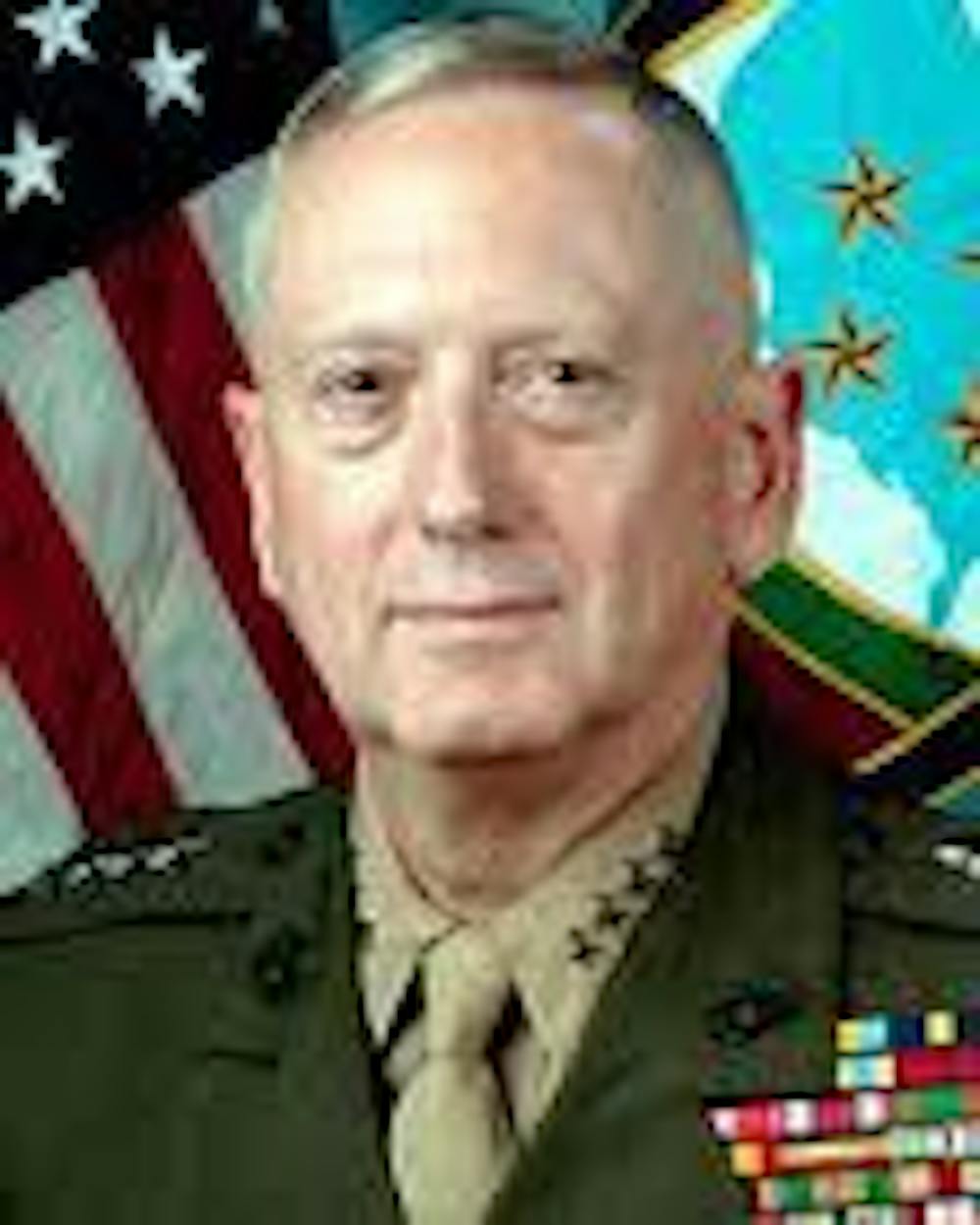This isn’t your grandfather’s war.
But that doesn’t mean the military should change its relationship with the public.
That was the focus of a panel discussion that originated in London and made its way to UNC on Thursday.
The discussion, “War and Military Operations in the 21st Century: Civil-Military Implications,” drew both uniformed and non-uniformed students as well as community members from UNC, Duke and N.C. State.
It was part of a two-day conference sponsored by the UNC’s curriculum in peace, war and defense and the department of war studies at King’s College London, in partnership with the Triangle Institute for Security Studies.
The talk focused on the changing characteristics of warfare, which have brought about an idea known as “new wars.”
“Key features of these new wars can be placed in two broad categories: low-technology and high-technology,” said James Gow, professor of international peace and security and director of the International Peace and Security Program at King’s College.
Electronic and rapid communication now define warfare for industrialized countries, but panelists said the nature of war is unchanged.
“It cannot change,” said Gen. James Mattis, commander of the U.S. Joint Forces Command. “It is what it is. We’re going to have to deal with it. The character of war, however, is changing.”
Mattis said modern opponents are shifting to irregular warfare, taking advantage of western countries’ weaknesses.
Since the 1990s, military researchers have focused on the changing nature of warfare, said Hew Strachan, professor of the history of war at Oxford University.
“We, as a democratic state, should see new forms of communication and other changes as good news,” he said, instead of seeing them as a threat.
It’s about how to manage change, since we already know change will happen, Strachan explained.
“It was interesting how keeping the state involved with military is so important,” said Elias Ballew, who is a student in the Navy ROTC program at N.C. State.
Students said they thought Mattis — who brought hands-on experience to the discussion — was the biggest attraction.
“I belong to the American people,” Mattis said. “I’m accountable to the American people.”
Contact the University Editor at udesk@unc.edu.
Panel discusses modern warfare

Gen. James Mattis, the commander of the U.S. Joint Forces Command, spoke Thursday.


